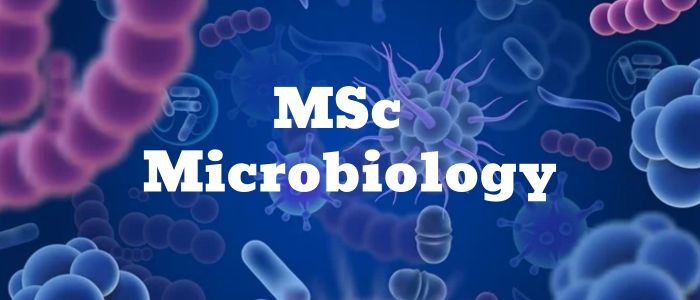Medical Microbiology
This component of the curriculum focuses on understanding disease-causing microorganisms and their impact on human health. Students study the biology and pathogenesis of bacteria, viruses, fungi, and parasites that are responsible for infectious diseases. Emphasis is placed on microbial diagnostics, mechanisms of pathogenicity, host-pathogen interactions, and the development of antimicrobial resistance. The course also explores current topics such as emerging infectious diseases, the global burden of disease, hospital-acquired infections, and modern diagnostic tools. Clinical case studies and laboratory work enhance practical knowledge in microbial identification and treatment strategies.
Environmental and Industrial Microbiology
This area highlights the beneficial roles of microbes in the environment and industrial processes. Topics include microbial ecology, nutrient cycling, wastewater treatment, and biodegradation. Students explore how microorganisms are utilized in industries to produce antibiotics, enzymes, alcohol, organic acids, and biofuels through large-scale fermentation processes. The course also covers the application of genetically modified microbes in bioremediation and waste management. An interdisciplinary approach connects environmental sustainability with innovations in microbial biotechnology.
Microbiological Techniques
This practical core of the curriculum equips students with essential laboratory skills required in microbiological research and industry. Training includes aseptic techniques, culturing, microscopy, staining procedures (Gram, acid-fast, etc.), and biochemical tests for microbial identification. Students also gain hands-on experience in modern molecular methods such as polymerase chain reaction (PCR), gel electrophoresis, DNA extraction, and spectrophotometry. Emphasis is placed on accuracy, safety, documentation, and data interpretation to ensure students are prepared for both research and diagnostic settings.
Immunology and Biotechnology
This module introduces students to the human immune system and the use of living organisms or biological systems in technology. Topics in immunology include innate and adaptive immunity, antigen-antibody interactions, immunopathology, vaccines, and immunodiagnostics. In the biotechnology portion, students learn about recombinant DNA technology, cloning, gene expression systems, and the production of therapeutic proteins. The course also examines CRISPR, genetic engineering, and the role of microbes in the development of biopharmaceuticals and diagnostics. Ethical and regulatory considerations are discussed to provide a holistic view of modern biotechnological advancements.

